Your baby relies completely on you for all of its needs. Since they are unable to communicate clearly and fully at their tender age, it is, therefore, your responsibility to be more mindful of their well-being. This entails taking care of their requirements and understanding its needs even without receiving any verbal information from them. Because of this, it is normal for parents, especially first-time moms, to get all worked up when their baby spits up milk.
This is a common phenomenon and it is not necessarily abnormal. Though it is not a grave incident, it is still not something you want to be a regular occurrence for your little one. Milk consumption is needed for your baby’s sustenance, growth, and development. If milk ends up out of your baby’s mouth instead of inside their stomach, it is understandable for you to get concerned. Hence, it is best to understand why your baby spits up milk and what should you do about it.

Why Do Babies Spit Up?
Before exploring the reasons behind why your baby spits up milk, you should first understand what the act of spitting up involves. It should not be confused with vomiting. The latter involves a more forceful flow that can include milk shooting out from your baby’s mouth. Spitting up, on the other hand, is an easy flow of the milk from your baby’s tummy to its mouth. It, sometimes, comes with a burp, too.
Several things that can cause your baby to spit up milk.
- Gastroesophageal Reflux
Also referred to as infant reflux and infant acid reflux, this condition is not a real problem. It is instead a part of your baby’s growth and development. In the first three months of your baby’s young life, the tendency for the stomach contents to come back up through the esophagus is expected. This is because the lower esophageal sphincter is still not fully mature. This is a muscle located between the stomach and the esophagus, and this helps to keep the content of your baby’s stomach inside where it should be.
- Drinking Too Quickly
Another common reason behind spitting up is taking in too much milk or doing so too quickly. Sometimes, your baby can get so excited and ends up feeding too fast. At other times, your milk, if breastfeeding, is flowing too strong due to an overfull breast. This usually happens if your feeding schedule has too long intervals in between.
- Distraction while Feeding
When your baby is very young, the whole process of feeding is new to them. Concentration on the milk source is very important. However, there are also a lot of other new stimuli around. When your baby gets distracted while feeding, they end up pulling off from the breast or milk bottle, which results in swallowing air and consequently spitting out milk.
What To Do if Your Baby Spits Up Milk?
There is nothing wrong if your baby spits up, even if you think it is a lot, as long as your little one continues to eat well, gain weight, and is comfortable and happy. If your baby is continuously gaining weight despite spitting milk, it means that his or her consumption of the calories and nutrients from milk is not affected by the calories lost when he or she spits up milk.
However, there are some things you can do to lessen the instances of your little one spitting up milk.

- Do not overfeed him or her.
Feed your baby in smaller amounts. It will require more frequent feeding sessions, but it is best to help your little one avoid spitting out milk.
- Ensure to have quality burping time.
Your baby is unable to burp by himself or herself, so you should make sure to add this to the routine. Burping helps get rid of the air in the stomach, which can build up and cause spitting out of milk.
- Keep your little one upright while feeding.
It helps also to keep your baby upright for another 30 minutes after feeding. This helps facilitate the movement of the milk he or she has consumed. You also should not engage your little one in any active play right after feeding nor have them in an infant swing.
You might think of placing your baby to sleep on their tummy to avoid them spitting up milk. This is a big no, though. Your baby should be made to sleep on their back to lessen the risk of SIDS or Sudden Infant Death Syndrome.

Too Much Spit Up: When to Be Alarmed?
It is important to note that overestimating the amount of spit-up is quite easy, especially for first-time mommies. A quick look at the stain of the spit-up can make you go into frenzy. Do not panic or overreact. You must observe your little one for a few days to see what might be the reason for the spit-up.
If your baby spits up colored fluid like green and yellow hues, blood, or any other material that is not purely milk, you should get in touch with your doctor right away. In addition to the spitting, other symptoms that you should be attentive to are zero weight gain, refusal to feed, not feeling well, getting more irritated and crying more than usual, less diaper consumption, and any other signs of illness. It is also critical to observe if your baby’s milk spitting behavior has started after completing 6 months from his or her birth.
Your pediatrician will be able to examine these symptoms more closely, conduct further investigations into your baby’s health and take the necessary medical steps.
Spit Up Is Not A Bad Thing
It is not always bad for your baby to spit up milk as it can be due to natural occurrences in his or her body. As long as your baby does not show any discomfort, all you have to do is wipe that spit up and wash that stain thoroughly later on.
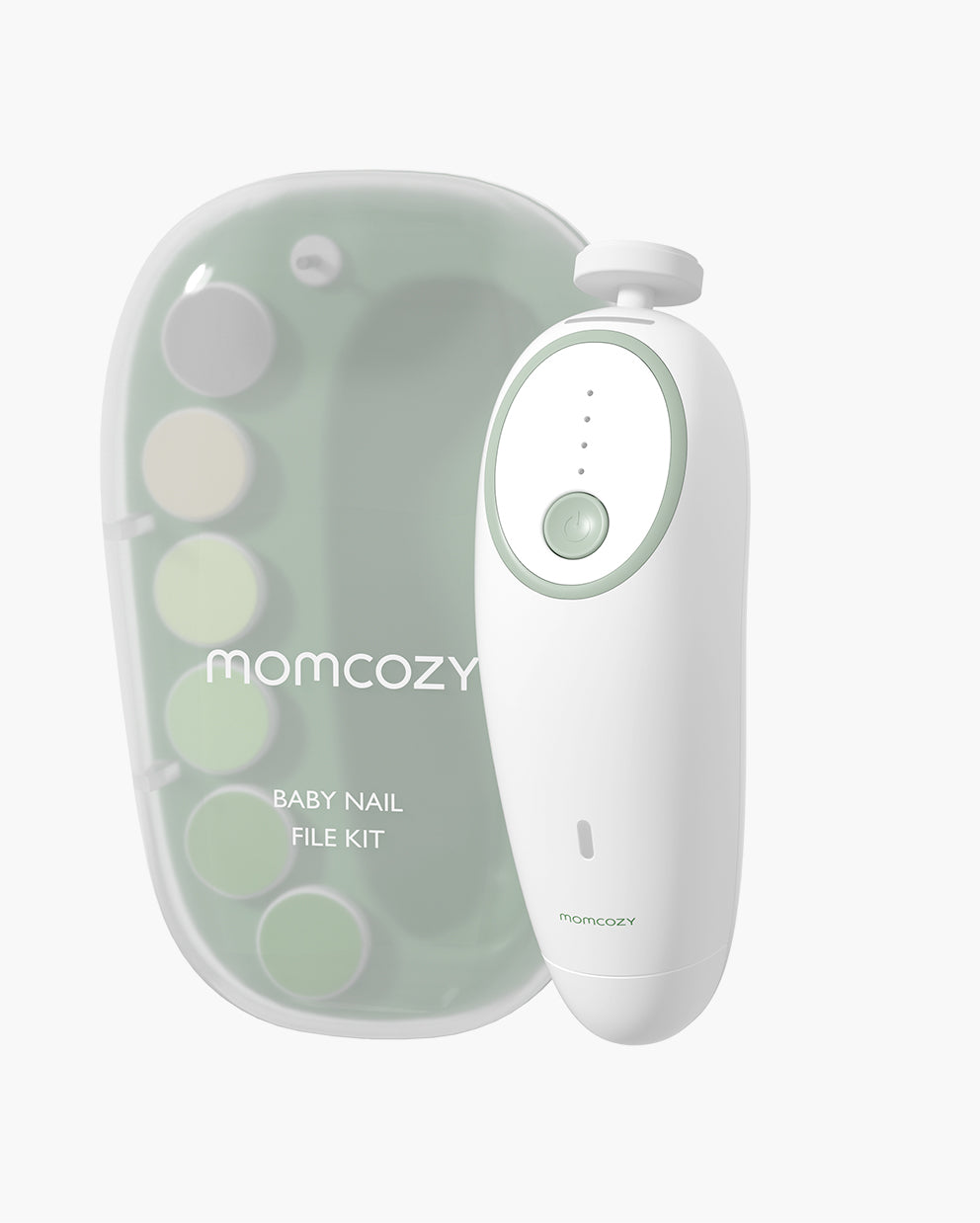
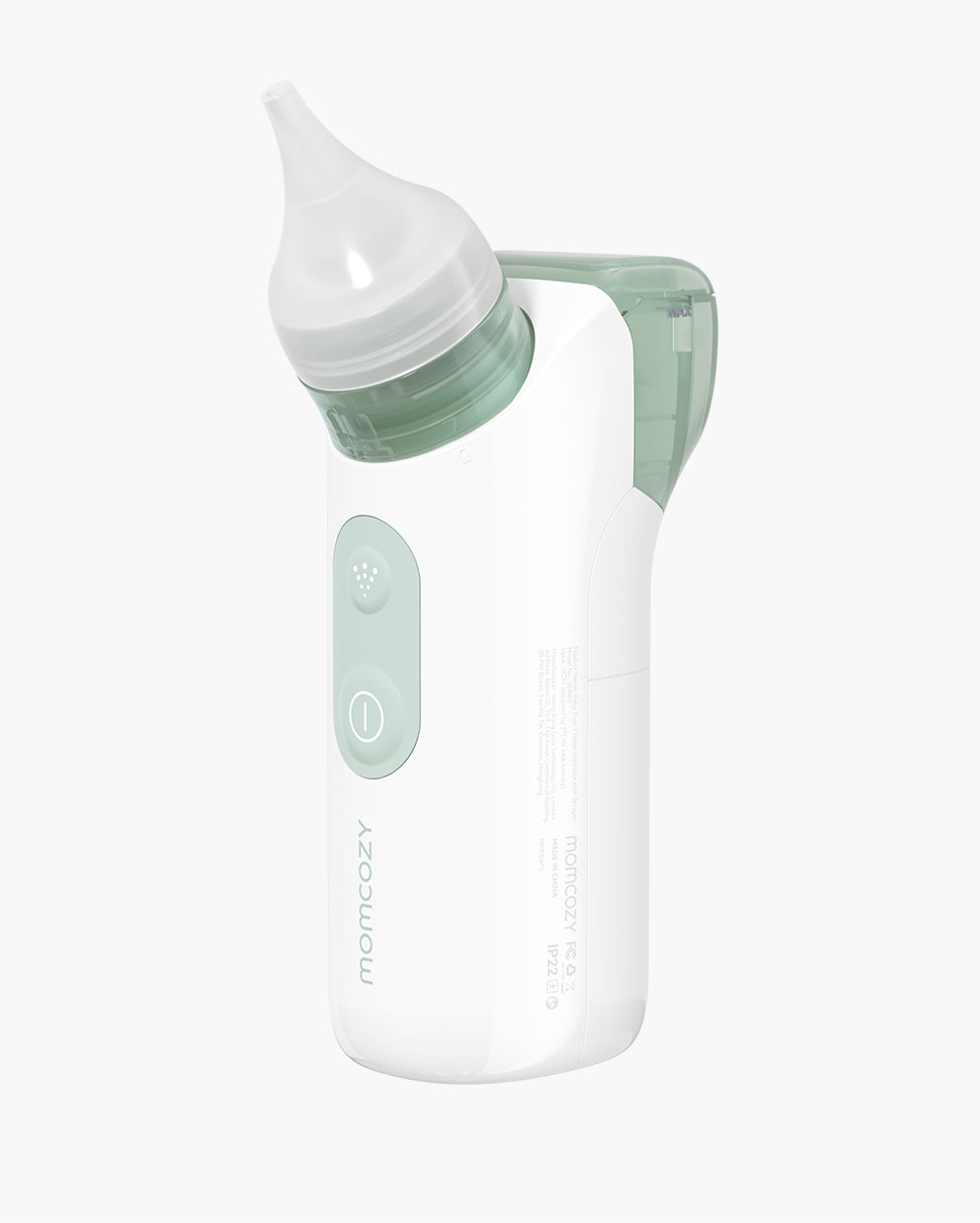
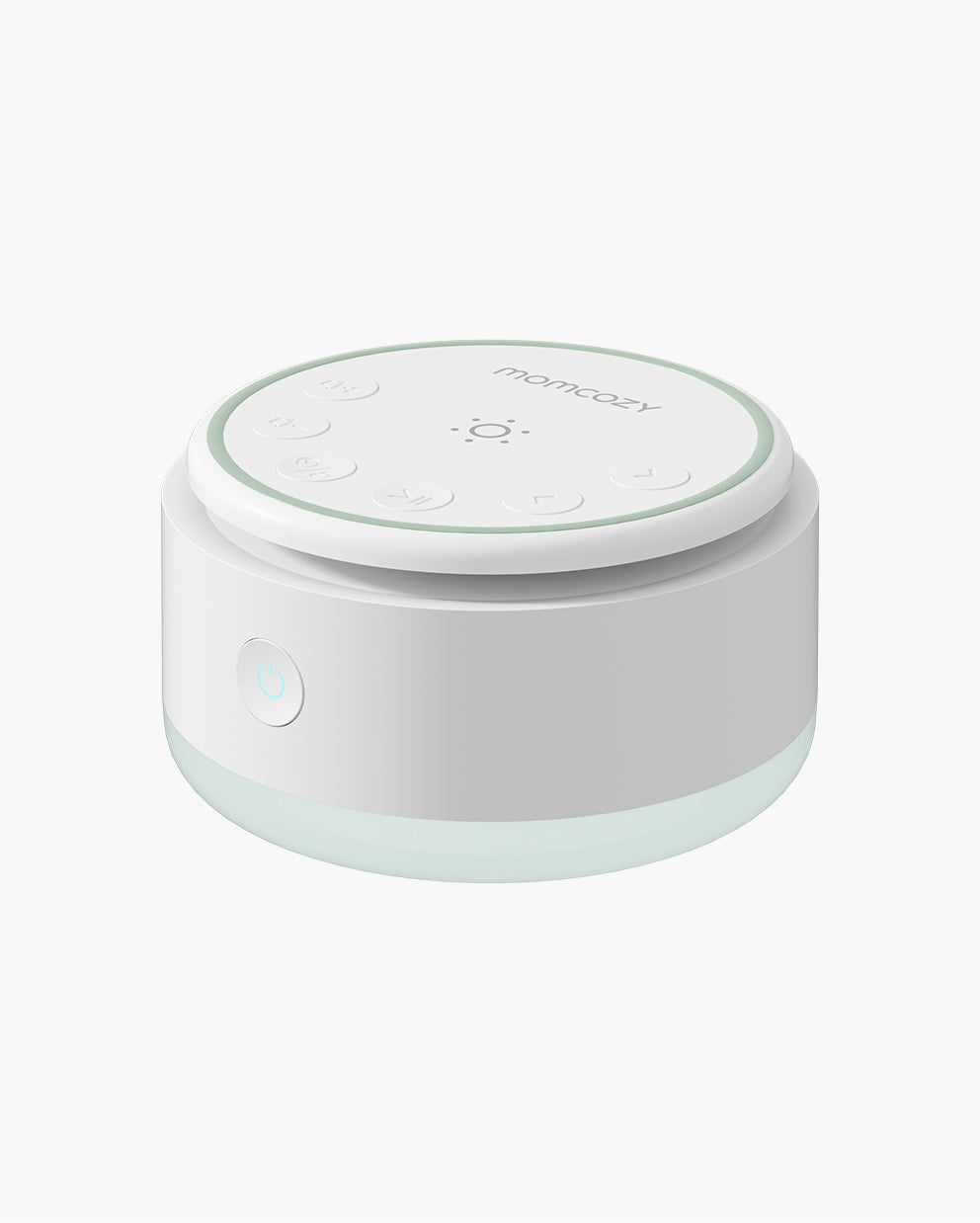

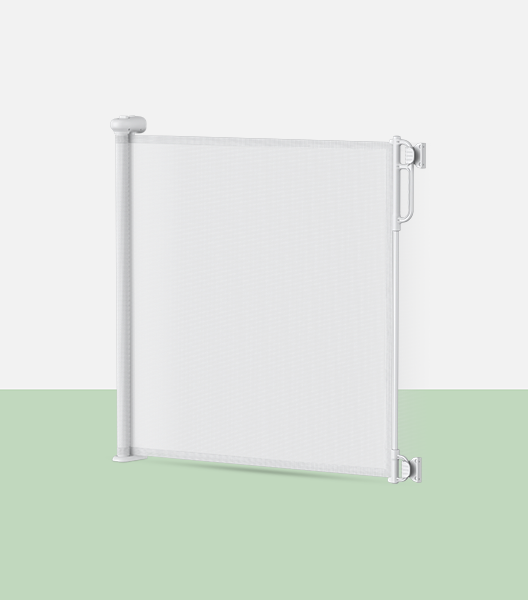

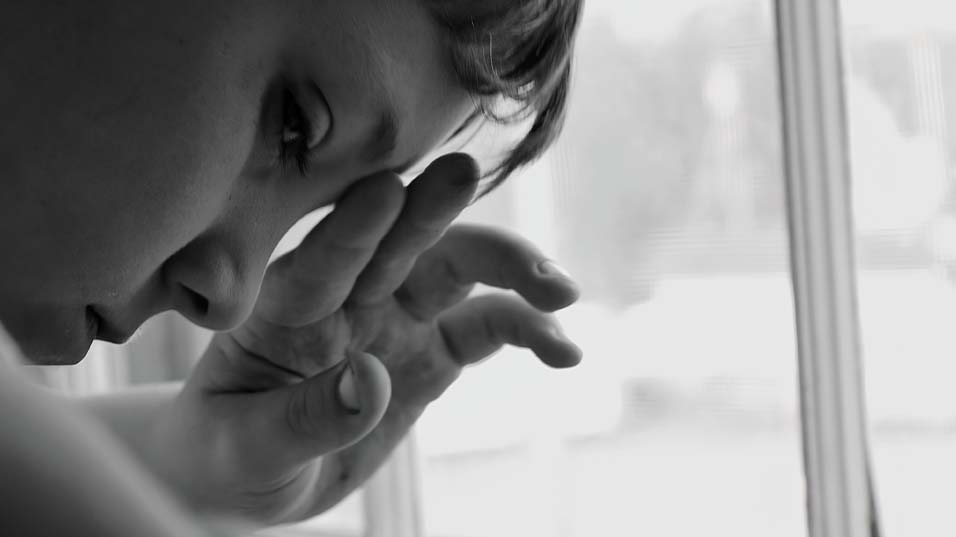

Leave a comment
This site is protected by hCaptcha and the hCaptcha Privacy Policy and Terms of Service apply.